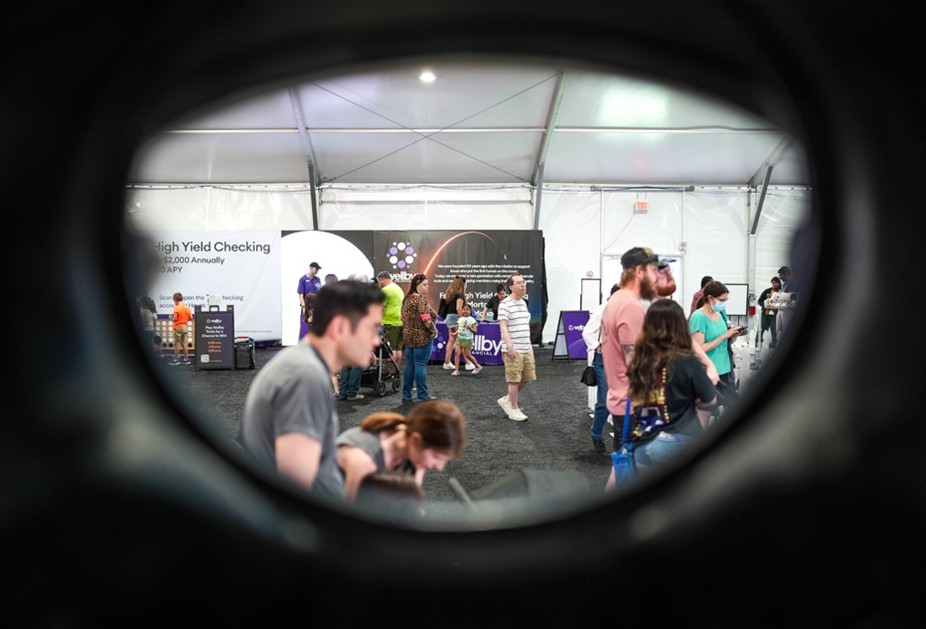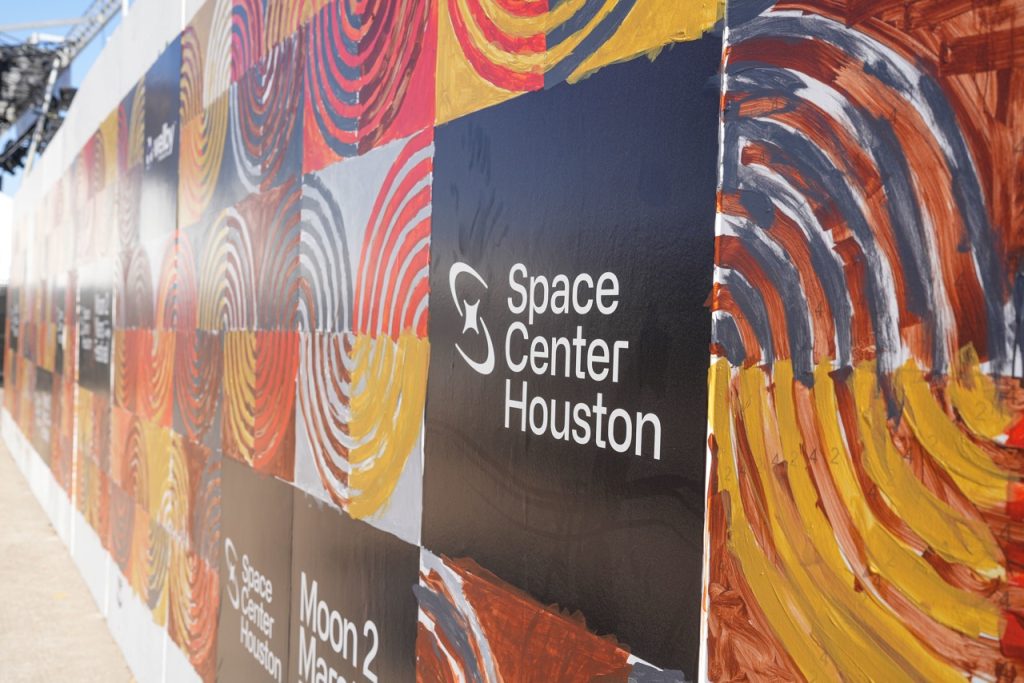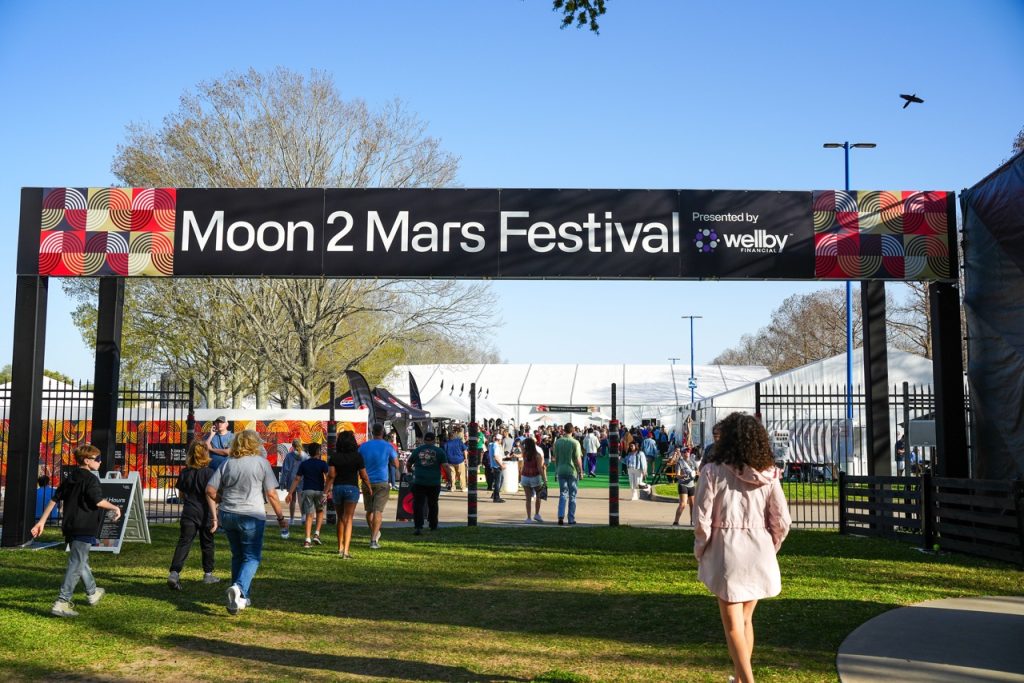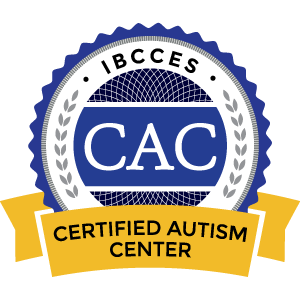Michael Collins was more alone than any human had ever been.
As the command module pilot for Apollo 11, he was completely cut off from communication with Earth while crewmates Buzz Aldrin and Neil Armstrong were on the lunar surface. That left Collins isolated but in the good spirits that defined his life.
“I was not lonely,” Collins said at an Explorer’s Club event in New York City in 2019. “I had a happy little home in the command module. Behind the moon it was very peaceful — no one in Mission Control is yakkin’ at me and wanting me to do this, that, and the other. So I was very happy, it was a happy home.”
Collins, 90, died today following a battle with cancer. His family released a statement saying, “Mike always faced the challenges of life with grace and humility, and faced this, his final challenge, in the same way. We will miss him terribly. Yet we also know how lucky Mike felt to have lived the life he did.”
Collins was born Oct. 31, 1930 in Rome, Italy. He graduated from Saint Albans School in Washington, D.C., and graduated from the U.S. Military Academy at West Point in 1952.
After that, he went into the Air Force, logging more than 4,200 hours of flying time and, like many of the early astronauts, served as a test pilot. He joined NASA as a member of the third group of astronauts in 1963, along with Apollo 11 crewmate Aldrin.
Collins’ first space mission was aboard Gemini 10, which was supposed to rendezvous with the Agena Targeting Vehicle while in orbit. As part of this mission, Collins became the third U.S. spacewalker and the first to meet another vehicle in space, as he floated along a tether to the Agena vehicle, retrieving a dust-collection panel from its side.
Including the Apollo 11 mission, Collins logged 266 hours in space. He also served as CAPCOM (capsule communicator) for Apollo 8, relaying information between mission control and the crew.
“Today the nation lost a true pioneer and lifelong advocate for exploration in astronaut Michael Collins,” said acting NASA Administrator Steve Jurczyk. “As pilot of the Apollo 11 command module – some called him ‘the loneliest man in history’ – while his colleagues walked on the Moon for the first time, he helped our nation achieve a defining milestone. He also distinguished himself in the Gemini Program and as an Air Force pilot.
“Michael remained a tireless promoter of space. ‘Exploration is not a choice, really, it’s an imperative,’ he said. Intensely thoughtful about his experience in orbit, he added, ‘What would be worth recording is what kind of civilization we Earthlings created and whether or not we ventured out into other parts of the galaxy.’”
Collins retired from the Air Force as a major general and left NASA in 1970 and became assistant secretary of state for public affairs. In 1971 he joined the Smithsonian Institution as director of the National Air and Space Museum.
He wrote several books: “Carrying the Fire” in 1974, “Flying to the Moon and Other Strange Places” in 1976, “Liftoff: The Story of America’s Adventure in Space” in 1988 and “Mission to Mars” in 1990.
Collins was awarded honorary degrees from six universities. Decorations and awards he received included the Presidential Medal for Freedom, the Robert J. Collier Trophy, the Robert H. Goddard Memorial Trophy and the Harmon International Trophy.







